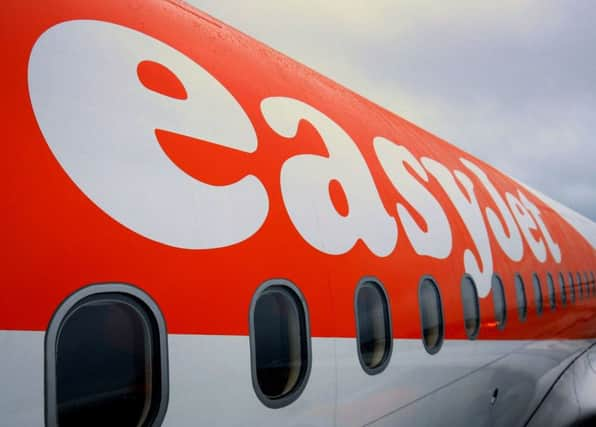EasyJet posts half-year losses over sterling collapse


The low-cost carrier reported a £236 million pre-tax loss in the six months to March 31, which compares with an £18m loss in the same period last year.
EasyJet said that the impact of the timing of Easter into the second half of the year stood at around £45m while currency woes cost it £82m in the period.
Advertisement
Hide AdAdvertisement
Hide AdChief executive Carolyn McCall said: “The first half loss is in line with market expectations and reflects the movement of Easter into the second half as well as currency effects which together had an estimated impact of circa £127m on the bottom line.”
However, Dame Carolyn added that summer bookings are ahead of last year and that demand for flights and holidays remains “strong”, with consumers prioritising travel expenditure over “non-essential” items.
Despite the loss, easyJet is maintaining its full-year expectations.
Revenue grew 3.2% to £1.8 billion in the period, with the company recording a 9% rise in passengers to 33.8m and a 0.5% increase in load factor to 90.2%.
Advertisement
Hide AdAdvertisement
Hide AdThe group is also in the midst of setting up a new operating company in mainland Europe and applying for a new licence to secure flying rights on continental routes after Brexit.
To this end, easyJet said it “remains on track” to secure a European Air Operator Certificate by the summer.